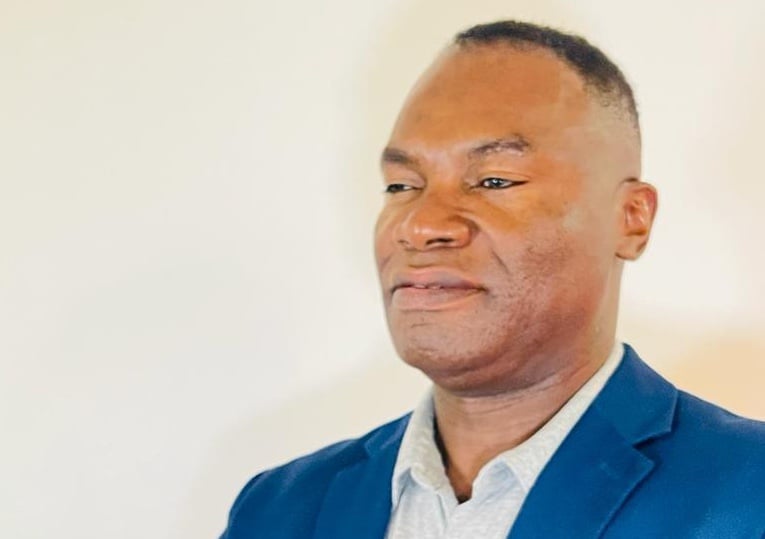The Incident and Its Aftermath: A Clash of Authority and Decorum
The events of Monday, May 5, 2025, at the "Save The Judiciary" demonstration in Ghana have ignited a firestorm of controversy, centering on the actions of Minority Leader in Parliament, Hon. Alexander Afenyo Markin. A video capturing a physical altercation between Mr. Markin and a police officer on the grounds of Parliament House has rapidly circulated, prompting widespread public discourse and condemnation. The incident has raised critical questions about the conduct expected of public officials, particularly during politically charged events. Mr. Markin has defended his actions, claiming he reacted instinctively after being struck in the chest by a police officer, which allegedly impeded his breathing. He has called for a thorough investigation and demanded accountability from Constable Forson, the officer involved.
Francis Asante’s Condemnation: A Call for Accountability and Respect for the Rule of Law
Mr. Francis Asante, a prominent member of Alan Kyerematen’s Movement for Change, has issued a scathing rebuke of Mr. Markin’s behavior, characterizing it as a blatant display of lawlessness and gross misconduct. He emphasized the critical role of public figures, especially those in leadership positions, in upholding the rule of law and demonstrating respect for law enforcement agencies, even during periods of heightened tension. Mr. Asante’s condemnation underscores the importance of maintaining civility and discipline during protests, arguing that acts of aggression against security personnel establish a dangerous precedent that undermines the very foundations of democratic order. He has called upon all Ghanaians to condemn Mr. Markin’s actions and urged the Ghana Police Service to take swift and decisive action to address this alleged act of lawlessness.
The Broader Implications: Erosion of Public Trust and the Normalization of Political Elitism
This incident transcends a single altercation; it reflects a broader concern about the erosion of public trust in elected officials and the perceived normalization of political elitism. Mr. Asante’s statement highlights the dangerous trend of those in power believing they are above the law. He argues that Mr. Markin’s actions, coupled with past incidents involving NPP leadership in Parliament, contribute to a growing perception of lawlessness and unprofessionalism within the party. This perception, if left unchecked, could further erode public confidence in the integrity of the political process and the institutions of governance.
The Importance of Civility and Decorum in Public Discourse: Upholding Democratic Values
Mr. Asante’s statement emphasizes the crucial role of civility and decorum in public discourse, particularly during protests and demonstrations. He argues that resorting to violence or aggression against law enforcement officers not only undermines the authority of the state but also sets a dangerous precedent for future interactions between citizens and those entrusted with maintaining order. In a democratic society, the right to protest is a fundamental freedom, but it must be exercised responsibly and with respect for the rule of law.
The Need for Accountability and Transparency: Ensuring Impartial Investigation and Due Process
The call for a thorough and impartial investigation into the incident is paramount. Both Mr. Markin’s claim of being assaulted and the video footage capturing the altercation require careful scrutiny to establish the facts of the case. Transparency and due process are essential to ensure that justice is served and that any wrongdoing is appropriately addressed. The outcome of the investigation will not only determine the consequences for those involved but will also send a strong message about the importance of accountability for all citizens, regardless of their position or political affiliation.
The Future of Political Discourse in Ghana: A Call for Reflection and Reform
The incident involving Mr. Markin and the subsequent response from Mr. Asante serve as a critical juncture for reflection on the state of political discourse in Ghana. It underscores the urgent need for leaders across the political spectrum to uphold the highest standards of conduct, demonstrate respect for the rule of law, and engage in constructive dialogue that promotes the common good. Addressing the underlying issues of political elitism and ensuring accountability for all will be crucial to restoring public trust and strengthening democratic values. This incident should serve as a catalyst for meaningful reforms that promote greater civility, transparency, and accountability within the political system.














